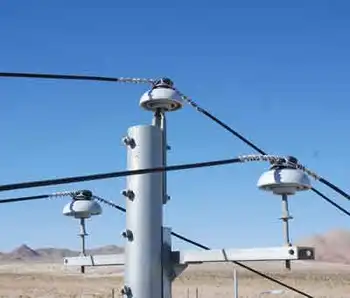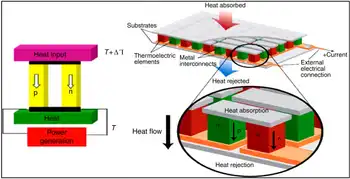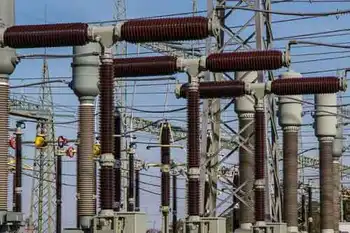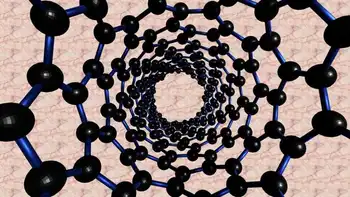Duke Energy to sell carbon offsets
Using electricity, driving a car and breathing, among other activities, contribute to carbon dioxide levels in the atmosphere. The gas is blamed as a cause of global warming, and electricity-producing coal-fired plants are among the biggest culprits.
The practice has developed a high profile as the Hollywood set and companies, such as Ben and Jerry's, purchase offsets to cancel out their own carbon dioxide-producing behavior. People also can make contributions on their own through various nonprofits to offset the carbon they produce from air travel and other activities in their daily lives.
Several nonprofits, such as Sterling Plant, specialize in offsetting carbon emissions for people.
Duke's program would amount to an expansion of the existing NC GreenPower program, which allows N.C. utility customers to contribute through their power bill payments to the development of renewable energy, including wind and solar power.
A 100-kilowatt block sells for $4.
The cost to customers of the new program still has to be worked out, said Duke Energy spokeswoman Paige Sheehan. But the money would go to organizations that plant trees and support specific projects, such as collecting and burning methane produced from decaying garbage in landfills, she said.
Duke would not make a profit but would simply pass the money on to the various organizations, Sheehan said.
Related News

Biden Imposes Higher Tariffs on Chinese Electric Cars and Solar Cells
WASHINGTON - In a significant move aimed at bolstering domestic industries and addressing trade imbalances, the Biden administration has announced higher tariffs on Chinese-made electric cars and solar cells. This decision marks a strategic shift in U.S. trade policy, reflecting concerns over competition, intellectual property rights, and national security implications.
Tariffs on Electric Cars
The imposition of tariffs on Chinese electric cars comes amidst growing competition in the global electric vehicle (EV) market. U.S. automakers and policymakers have raised concerns about unfair trade practices, subsidies, and market access barriers faced by American EV manufacturers in China. The tariffs aim to…





